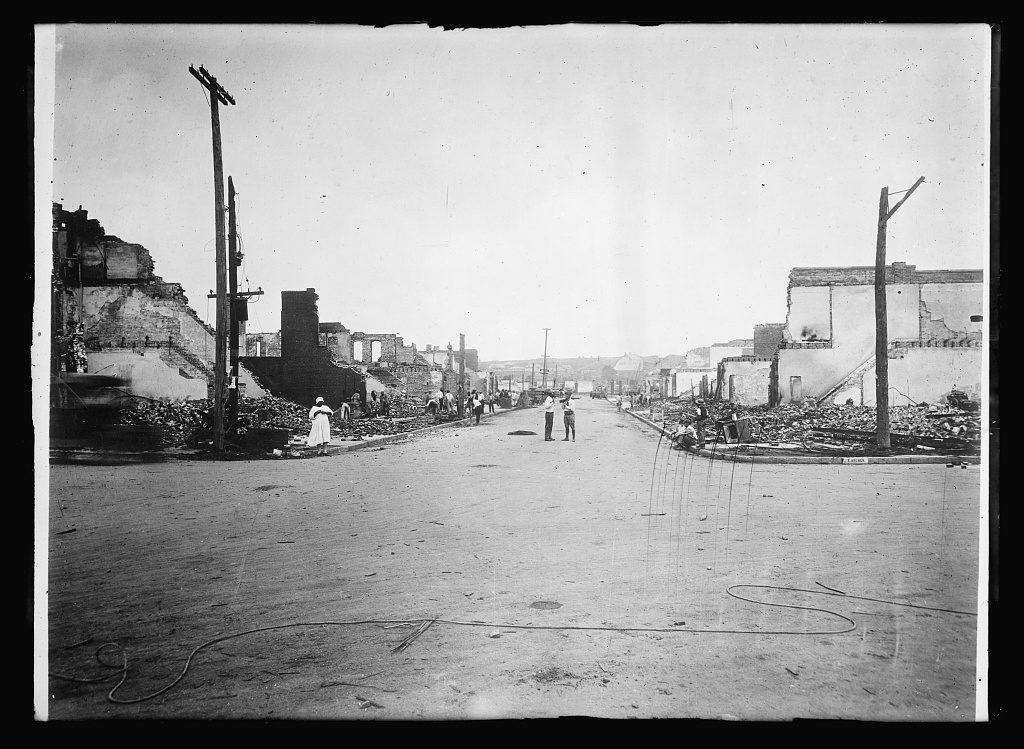The tranquil facade of Chatham, Massachusetts shattered last year when what started as a summer afternoon among teenagers escalated into an attempted murder fueled by racial hatred. The incident — which took place in a community known for its pristine beaches and historic lighthouse — has forced residents to confront uncomfortable truths about prejudice lurking beneath the surface of seemingly peaceful neighborhoods.
The details of the case paint a haunting picture. A teenage boy, now identified as John Sheeran, allegedly attempted to drown a younger Black child, according to media outlets, while hurling racial slurs, including the derogatory term “n—–” and referencing George Floyd, a name that has become synonymous with racial injustice and police brutality. The attack, which occurred in full view of other youth, demonstrated a level of brazenness that shocked even seasoned law enforcement officials.
Legal system faces test of accountability
The prosecution’s decision to charge Sheeran as a “youthful offender” marked a significant departure from typical juvenile cases. This classification opens the possibility of adult sentencing, reflecting the gravity of the charges: attempted murder and assault with a dangerous weapon. The designation acknowledges that some actions — regardless of the perpetrator’s age — demand a more serious legal response.
Recent developments in the case have brought the issues of accountability and justice to the forefront. Sheeran’s guilty plea represents a rare admission in a hate crime case, where defendants often attempt to minimize or deny racial motivations. However, the defense team’s subsequent attempts to downplay the incident as merely a prank gone wrong have sparked intense debate about how society often rushes to excuse racially motivated violence.
Behind the headlines: A community grapples with reality
The attempted drowning has forced Chatham residents to examine their community’s response to racial aggression. While some expressed shock that such an incident could occur in their town, others pointed to subtle warning signs that had gone unaddressed: casual prejudice in schools, segregated social circles and dismissed microaggressions.
The case has particular resonance for parents who recognize that their children face similar dangers in spaces presumed to be safe. The victim’s family has had to navigate not only the trauma of the attack but also the complex emotions of seeing their child’s experience scrutinized in the public eye.
As the judicial process moves forward, attention turns to sentencing. Community advocates emphasize that the outcome of this case will send a message about how society values Black lives and handles hate crimes committed by young perpetrators. They argue that true justice requires both accountability and rehabilitation, challenging the court to craft a sentence that addresses both imperatives.
The Chatham case serves as a sobering reminder that racial violence isn’t confined to urban centers or headline-grabbing police encounters. It can emerge in any community that fails to actively confront prejudice and protect its vulnerable members. The ripple effects extend far beyond the immediate participants, touching on fundamental questions about safety, belonging, and justice in America.
As this coastal community moves forward, the challenge lies not just in resolving this single case but in addressing the conditions that allow such violence to occur. The true measure of progress will be whether this incident leads to lasting changes in how communities recognize, prevent, and respond to racial aggression – particularly when it threatens the safety of children.
















